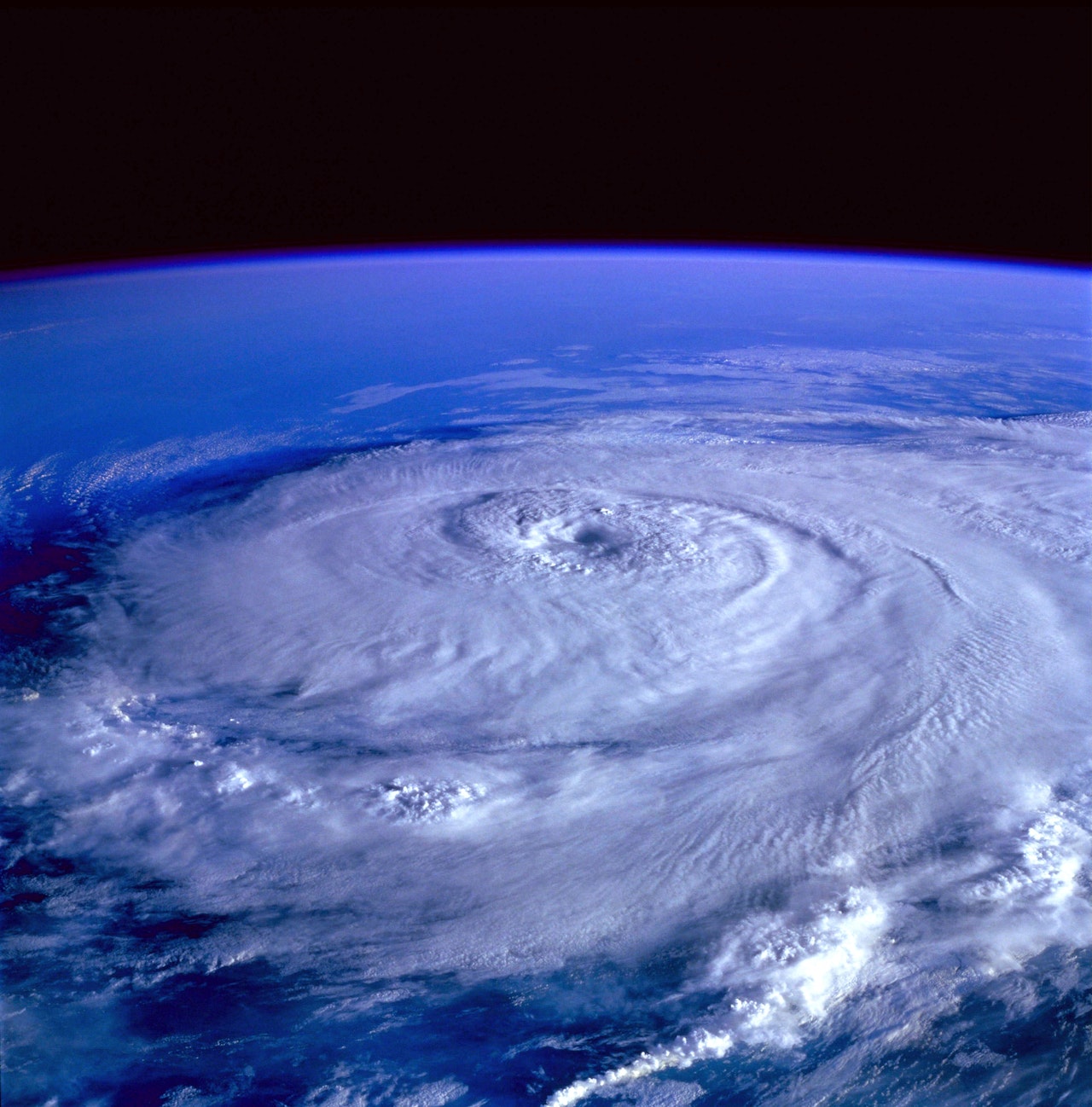Photo by: Pixabay
Hurricanes are among nature’s most powerful and destructive phenomena. Understanding the importance of preparation and knowing how to act during a hurricane can make the difference between life and death. This comprehensive guide will delve into the crucial steps needed to adequately prepare for and survive a hurricane.
Table of Contents:
- Understanding the Threat
- Early Preparations
- Emergency Kits: Essentials for Survival
- Home Safety Measures
- When the Hurricane Strikes
- After the Hurricane: The Road to Recovery
- Special Considerations
- Conclusion
1. Understanding the Threat
a. What is a Hurricane? A hurricane is a type of tropical cyclone, characterized by a low-pressure center, strong winds, heavy rain, and storm surges. They form over warm ocean waters.
b. Categories of Hurricanes: The Saffir-Simpson scale classifies hurricanes from Category 1 (least severe) to Category 5 (most severe), based on their wind speeds.
2. Early Preparations
a. Stay Informed: Monitor the National Weather Service, the National Oceanic and Atmospheric Administration (NOAA), or trusted local media outlets.
b. Develop an Emergency Plan: Discuss and make a family plan. Decide on evacuation routes and safe areas within the home.
c. Evacuation Plan: Know your zone. Determine if you live in a storm surge hurricane evacuation zone or if your home might be unsafe due to flooding.
d. Insurance Check: Ensure your home and properties are adequately insured against hurricanes. Take photos or videos as evidence of your belongings.
3. Emergency Kits: Essentials for Survival
Your survival kit should be well-stocked and catered to last for at least 72 hours. Include:
- Water: At least one gallon per person per day.
- Non-perishable Food: Canned goods, protein bars, dry fruits.
- Manual Can Opener
- Battery-powered Radio: To monitor updates.
- Flashlights and Extra Batteries
- First Aid Kit
- Multi-purpose Tool
- Sanitation Items: Wet wipes, hand sanitizer, garbage bags.
- Important Documents: In waterproof containers or digital copies.
- Clothing: Sturdy shoes, rain gear, warm clothing if living in cold zones.
- Local Maps
- Cash: ATMs might be out of service.
4. Home Safety Measures
a. Windows: Install storm shutters or board up windows with plywood.
b. Loose Items: Secure or bring indoors any items in your yard, like bicycles, grills, and patio furniture, which can become projectiles in high winds.
c. Utilities: Turn off utilities if instructed to do so. Otherwise, turn the refrigerator to the coldest setting and keep the doors closed.
d. Water: Fill bathtubs and other large containers with water for flushing the toilet, cleaning, and other needs.
5. When the Hurricane Strikes
a. Stay Informed: Listen to a battery-powered NOAA Weather Radio or trusted news sources.
b. Stay Indoors: Even if it looks calm, do not venture out. In the “eye” of the hurricane, winds can pick up again rapidly.
c. Stay Away from Windows: Debris and broken glass can cause injury.
d. Avoid Using Candles: Opt for flashlights to prevent any fire hazards.
e. Avoid Floodwaters: They may be electrically charged from downed power lines or contaminated.
6. After the Hurricane: The Road to Recovery
a. Await Clearance: Only return home when authorities say it’s safe.
b. Beware of Hazards: Watch out for debris, downed power lines, and floodwater.
c. Document Damage: Take photographs for insurance claims.
d. Avoid Tap Water: It may be contaminated. Only drink bottled or boiled water.
e. Check Food Supplies: Dispose of any food that’s been exposed to floodwaters or has an unusual odor or color.
7. Special Considerations
a. For Pets: Ensure your emergency kit contains pet food and water. Never leave pets behind.
b. For Medication: Stock up on a 7-day supply.
c. For Infants: Ensure you have baby food, formula, diapers, and other essentials.
8. Conclusion
Hurricanes, while formidable, don’t have to be unsurvivable. Preparation is crucial. While property can be replaced, lives cannot. Always prioritize safety over possessions. Understand the risks, make a plan, and remain vigilant. Through preparation and knowledge, we can navigate the storm and emerge resiliently.



